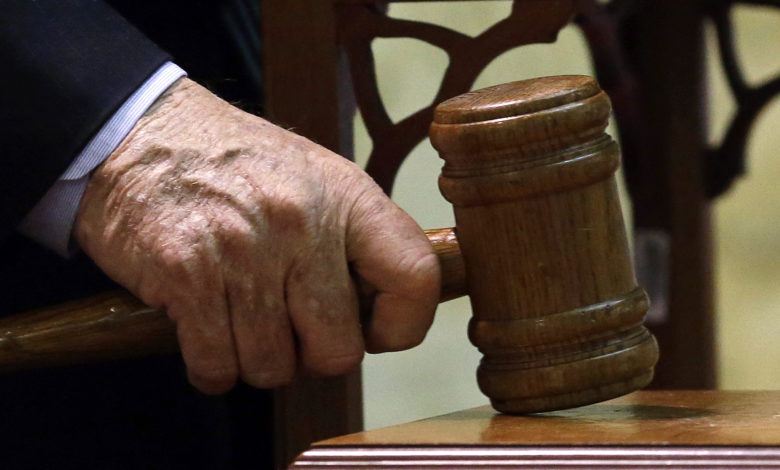Missouri Supreme Court weighs three cases but has yet to issue decisions

JEFFERSON CITY, Mo. – A busy Wednesday leads the Missouri Supreme Court to hearing arguments on three cases, including one pushing to overturn a St. Louis police “bill of rights law.”
After several hours of hearings, the Missouri Supreme Court did not issue a ruling on any of the cases heard Wednesday. It could potentially take months before a decision is reached.
Here’s a closer look at what transpired on Wednesday:
St. Louis police ‘bill of rights’
St. Louis City has filed a lawsuit against the state of Missouri, claiming a bill passed in 2021 means that city police officers are given written notice if they’re being investigated for misconduct. City officials claim that providing advance notice could jeopardize an investigation.
On Wednesday, lawyers argued that the process “illegally imposes new duties and expenses on local governments,” according to the Missouri Independent. In addition to the city, one individual plaintiff (Deputy Director of Public Safety Heather Taylor) is listed on the lawsuit.
“The city’s efforts in the intended litigation for using its own attorneys to represent Ms. Taylor show that they are simply using her as an endurance around this court,” said Missouri Assistant Attorney General Jason Lewis.
“I believe that the allegations in the petition do make clear that she is an individual bringing this suit and there is no allegations in this petition from which she is suing in her official capacity as the city,” said St. Louis City Attorney Kathleen McGowan
Ban of sleeping on public land
Arguments on Wednesday touched upon the constitutionality of a law last year that prohibits people from sleeping, camping or setting up shelter on state-owned land.
The bill presents challenges for Missouri’s homeless communities with state-owned land like public parks, bridges and overpasses off limits. Violations could also mean a Class C misdemeanor of $750 fine.
Discussions on Wednesday centered around the intent on the bill, particularly trying to determine whether it violates “constitutional requirements that legislation have a single subject, clear title, and adhere to its original purpose,” according to the Missouri Independent. The way it was reportedly filed, as an amendment pertaining to political subdivisions, is highly contested.
“It dictates how state funds for the homeless will be used by anyone who receives them, including non-for-profit organizations and private developers and it criminalizes sleeping, camping or building long-term structures on state land without authority,” said Adina Rosenbaum, an attorney for the Public Citizen Litigation Group.
“The law at issue in that case, prohibited anyone that was convicted of a federal felony or misdemeanor from serving in any state office. That would include political subdivisions and the offices held they are in, but it would also include offices outside of political subdivisions,” said Ben Stringer, and attorney representing the plaintfiffs.
“Political subdivisions are a necessary part of that process,” said Missouri Assistant Attorney General Clayton Weems. “When it comes to the prohibition of unauthorized sleeping or camping on state land, political subdivisions must not encourage those actives and must not turn a blind eye when those activities occur.”
Kansas City police funding mandate
Currently, Kansas City has the only police force in the state established by a state board of commissioners.
In 2022, Missouri voters adopted a constitutional amendment that asked voters that increase minimum funding for a board-run police force. Following the election, Quinton Lucas, Kansas City’s mayor, filed an election contest action in this Court challenging the sufficiency and fairness of the constitutional amendment’s fiscal note summary.
Lucas alleged Kansas City communicated to the auditor that the amendment would have a negative fiscal impact on the city by imposing additional costs on the city and its residents.
On Wednesday, representatives of the Missouri Attorney General’s Office argued that “a state law raising the minimum funding Kansas City must provide its police department doesn’t impose any cost on the city or violate the state constitution,” per the Missouri Independent.



